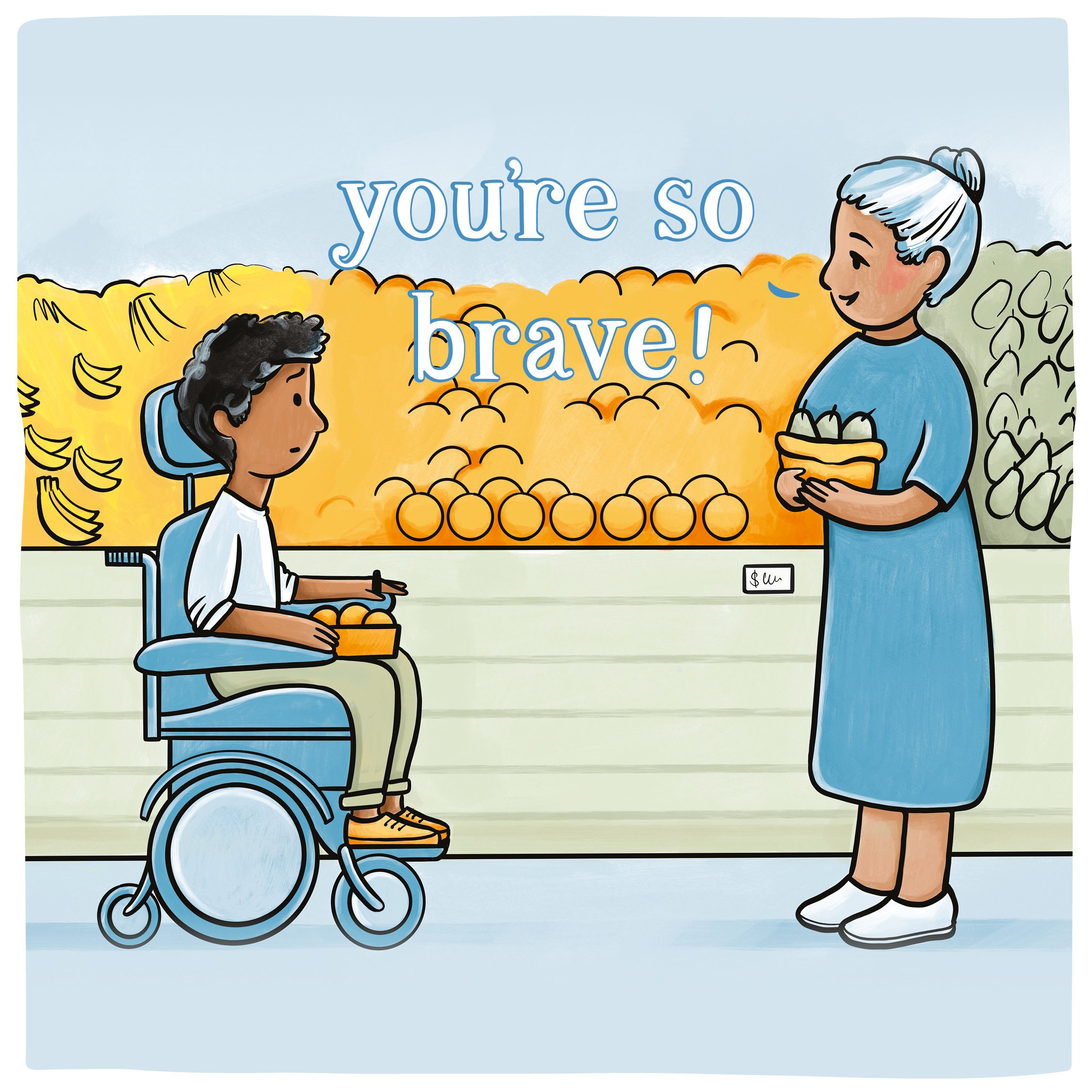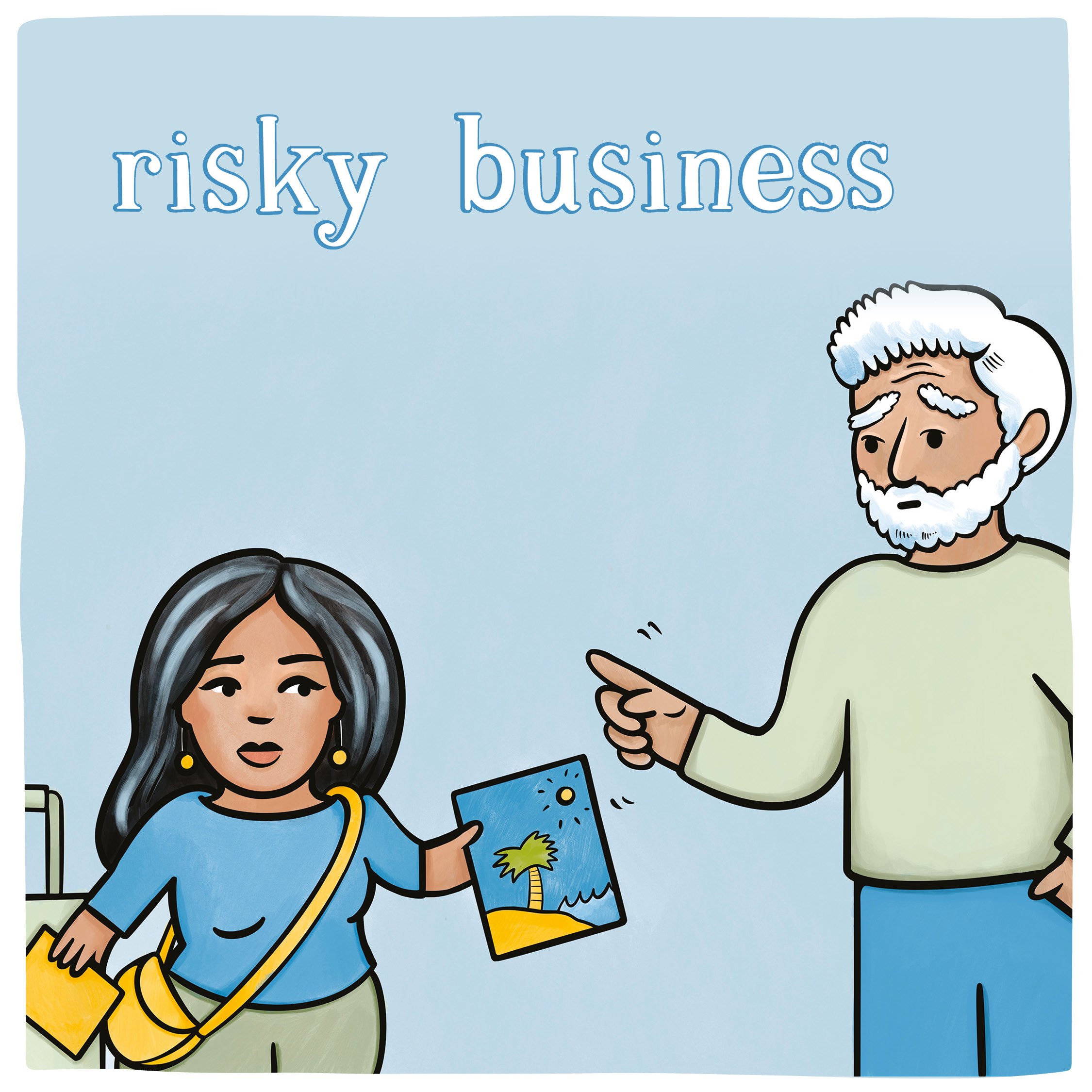About Language Matters
Language Matters is a series of conversation starters created by disabled people. These resources explore a variety of topics on how language choices can impact disabled people.
Language Matters aims to generate awareness about how important our choice of language is and how words shape the way we see the world.
How do I use the resources?
Each 'Language Matters' resource has three sections.
The conversation starter usually takes the form of a question. You can talk about the question with anyone. This could be friends, family, work colleagues or neighbours.
Once you have had this conversation, move on to the think about section. This might bring up ideas that you haven't discussed or considered yet.
When you’re ready, move on to the next time section. This has useful suggestions on things to say, do or think about if you hear a certain word, phrase or idea in future.

Is equality fair?
The ‘Is Equality Fair’ conversation explores why disabled people may be disadvantaged when everyone gets the same opportunities. It clarifies the difference between equality and equity.

Freedom: more or less?
This conversation, ‘Freedom: more or less?’, opens up discussion on the benefits of using aids or equipment, why people may hesitate to use them and the stigma attached.

Why do people use the term ‘Special needs’?
This conversation unpacks the phrase ‘Special Needs’, exploring social and cultural meanings, and the ‘othering’ of disabled people.

You don’t look disabled
The ‘You don’t look disabled’ conversation explores the diversity of disability and the experiences of people with hidden, or invisible, impairments.

What's wrong with you?
This conversation explores how often disabled people are asked impolite questions about their private medical history. It explores different ways to answer these types of questions.

Why say non-disabled?
This conversation explores what 'non-disabled' means, what the experience of being non-disabled, or disabled looks like and why saying ‘non-disabled’ may be a useful terminology.

You're so brave!
This conversation questions the thinking that disabled people are brave for doing ordinary, everyday activities. It explores what the word brave actually means and why using the word can reflect a negative view of the life of disabled people.

Risky business
This conversation is about how we manage risk in our lives. We explore the benefits of taking risks and what risk can teach us.
